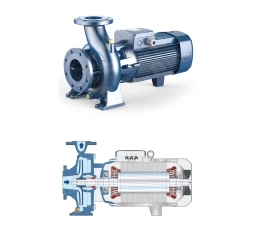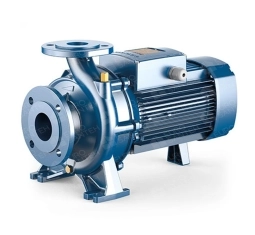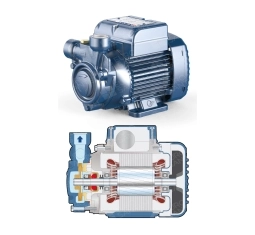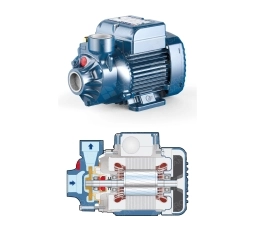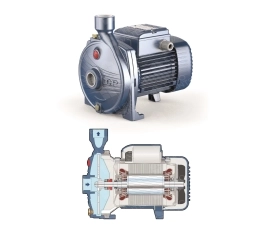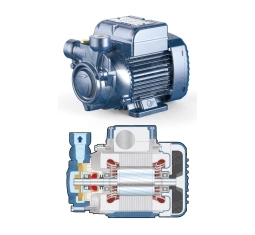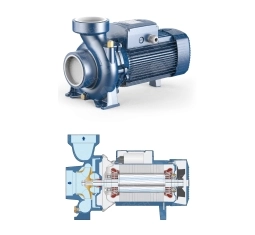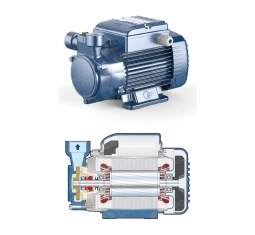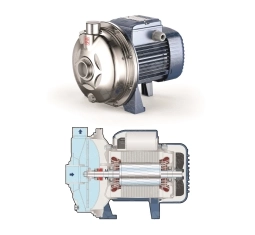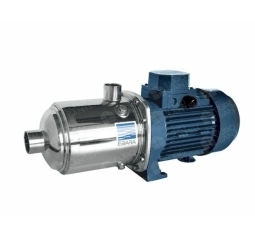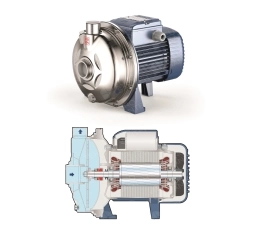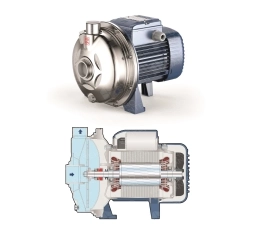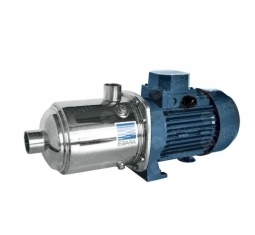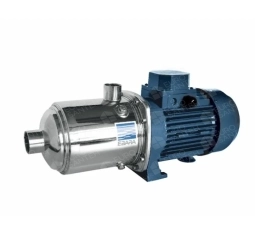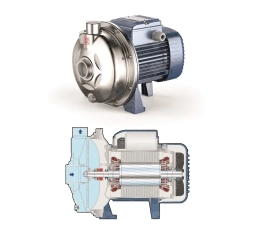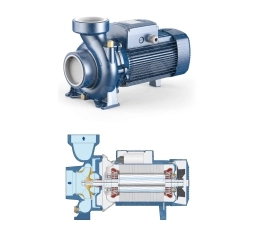Three phase surface pumps
Three-phase surface pumps play a vital role in water supply systems and ensuring technological processes in various industries. These devices are known for their high efficiency and reliability, guaranteeing the continuous operation of the system. Let's delve into the working principle, features, and advantages of three-phase surface pumps.
First and foremost, it's essential to note that three-phase surface pumps are designed for transferring water and other non-aggressive liquids with low solid particle content. They operate efficiently in both water supply systems for residential areas and industries for supplying water to equipment or for irrigation purposes.
The fundamental principle of operation of a three-phase surface pump involves creating a pressure difference that facilitates the movement of the liquid through the discharge pipe. The internal construction of the pump includes a rotor and a stator, providing a rotating mechanism that generates the flow. Thanks to this operating principle, pumps can deliver significant flow rates and pressures with minimal energy consumption.
One of the key advantages of three-phase surface pumps is their high efficiency. Utilizing modern technologies and materials in production, these pumps have a high coefficient of performance, enabling reduced operating costs and energy savings.
Moreover, three-phase surface pumps are characterized by their reliability and durability. The materials used for the casing and working elements impart resistance to aggressive environments and wear, thereby extending the equipment's lifespan and reducing the need for regular maintenance.
Another significant advantage of three-phase surface pumps is their versatility. They can be used for both water supply from wells or boreholes and for transferring water from reservoirs or ponds. With a variety of models and characteristics available, it's possible to select a pump that best fits the specific operating conditions.
It's important to note that the selection and installation of three-phase surface pumps require a professional approach. Improperly selected equipment or incorrect installation can lead to decreased system efficiency, increased energy consumption, and even equipment failure. Therefore, before purchasing a pump, conducting an analysis of needs and operating conditions is necessary, along with seeking advice from specialists to select the optimal solution.
In conclusion, three-phase surface pumps are an indispensable component in water supply systems, ensuring reliable and efficient operation in both residential and industrial settings. Their high efficiency, reliability, and versatility make them the preferred choice for a wide range of liquid transfer applications. Proper selection and installation of the equipment will ensure smooth system operation and conserve resources required for its operation.
